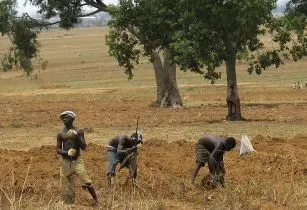A Rabobank report, Don’t Waste a Drop: Maximising the Value of F&A Waste Streams, has found there is a paradigm shift in the way food and agricultural waste is transitioning from organic waste to a revenue source
Companies in the food and agribusiness sector are researching ways to create value from the waste that they produce, as countries like Nigeria are set to be affected by rising commodity prices.
Justin Sherrard, a renewable energy analyst at Rabobank, said, “More than one billion tonnes of organic waste is created in the food and agriculture sector each year, with almost 2,000 cu km of water being used to produce this wasted food.
“While many F&A companies focus on minimising the amount of waste they produce and the associated costs, an increasing number of organisations are finding that waste can be a potential revenue stream, and are developing technologies to maximise this opportunity.”
The report stated rising agricultural commodity prices and resource scarcity has caused a growing concern for food and agricultural waste.
According to the UN's Food and Agriculture Organisation (FAO), one country expected to be affected by soaring food prices is Nigeria, where flooding has affected farmland in the Middle Belt zone.
Speaking at a press conference ahead of the sixth edition of the National Agricultural Show, which has been tagged "Promoting Sustainable Investment in Agriculture in Nigeria", the chairman of the board of trustee, Senator Abdullahi Adamu, said food security was of top concern for the foundation.
"We will ensure that food is made available to all Nigerians through this show by encouraging development in agriculture. The show is a private initiative in which we are doing our best to take it to greater height," Adamu remarked.





